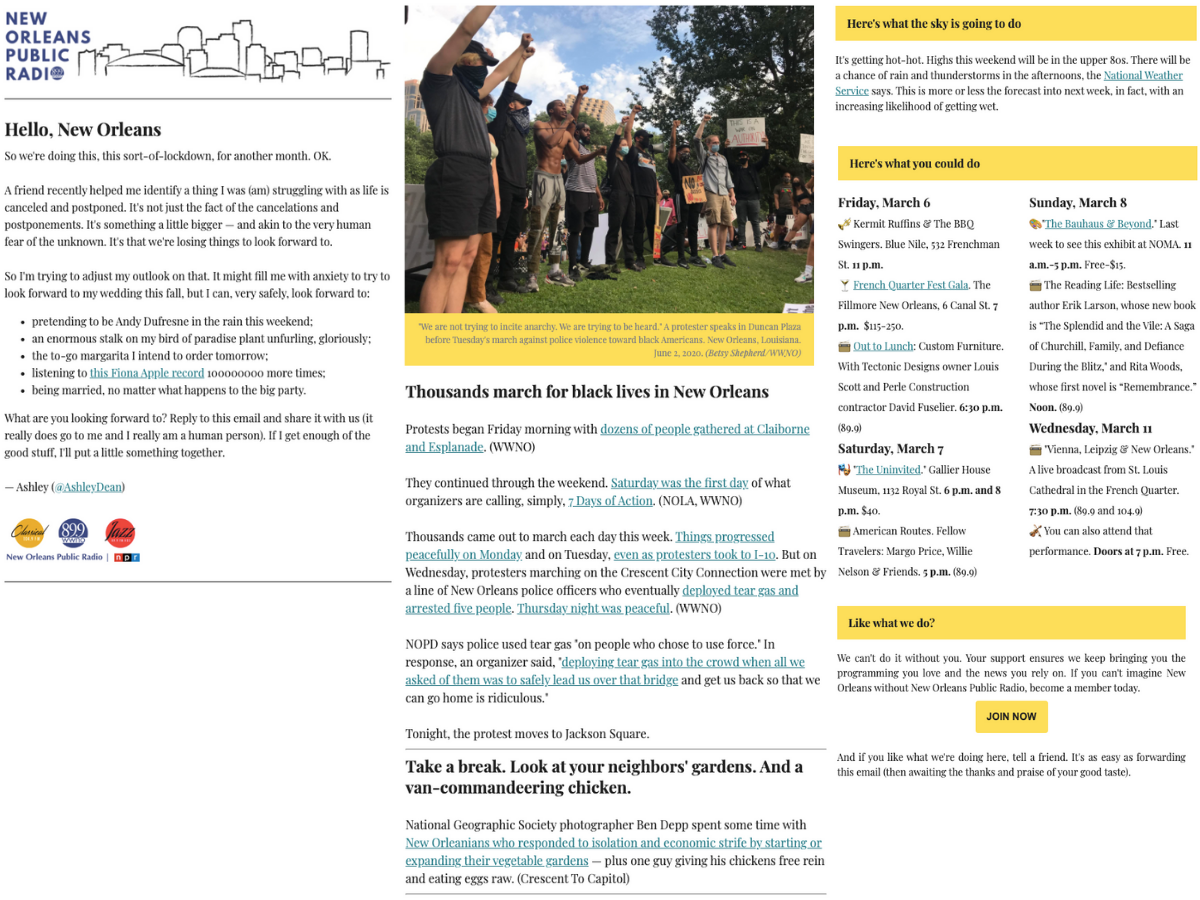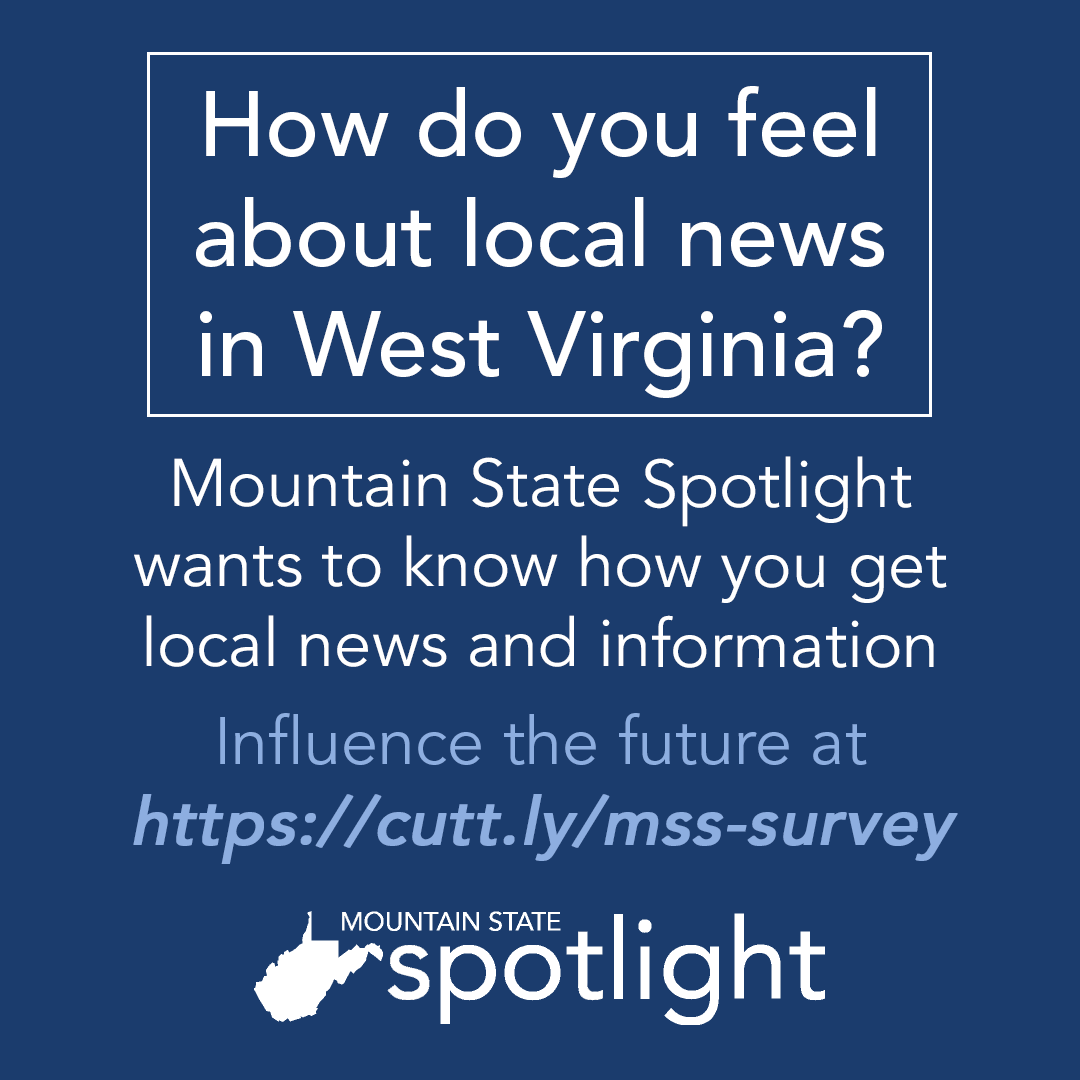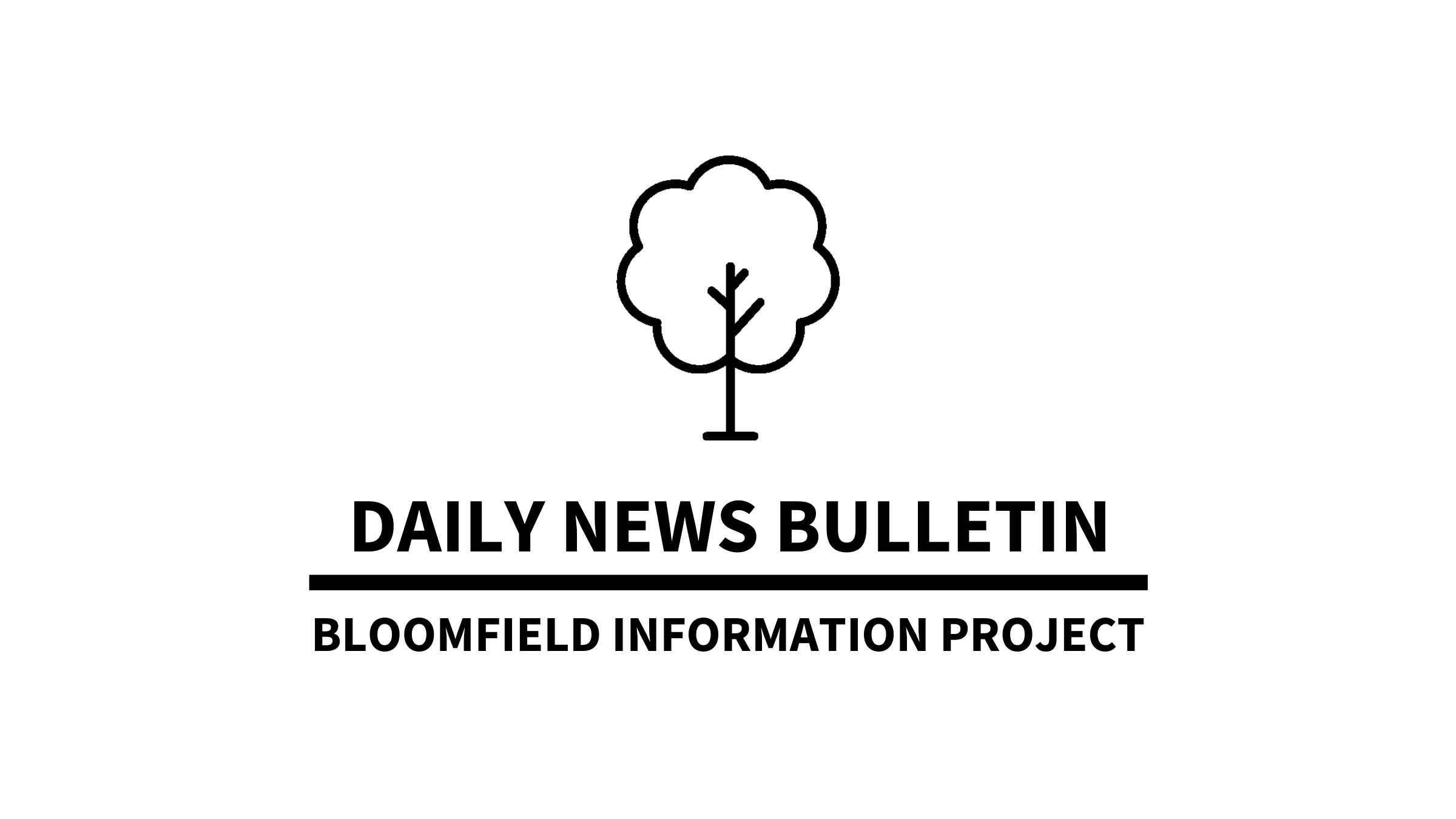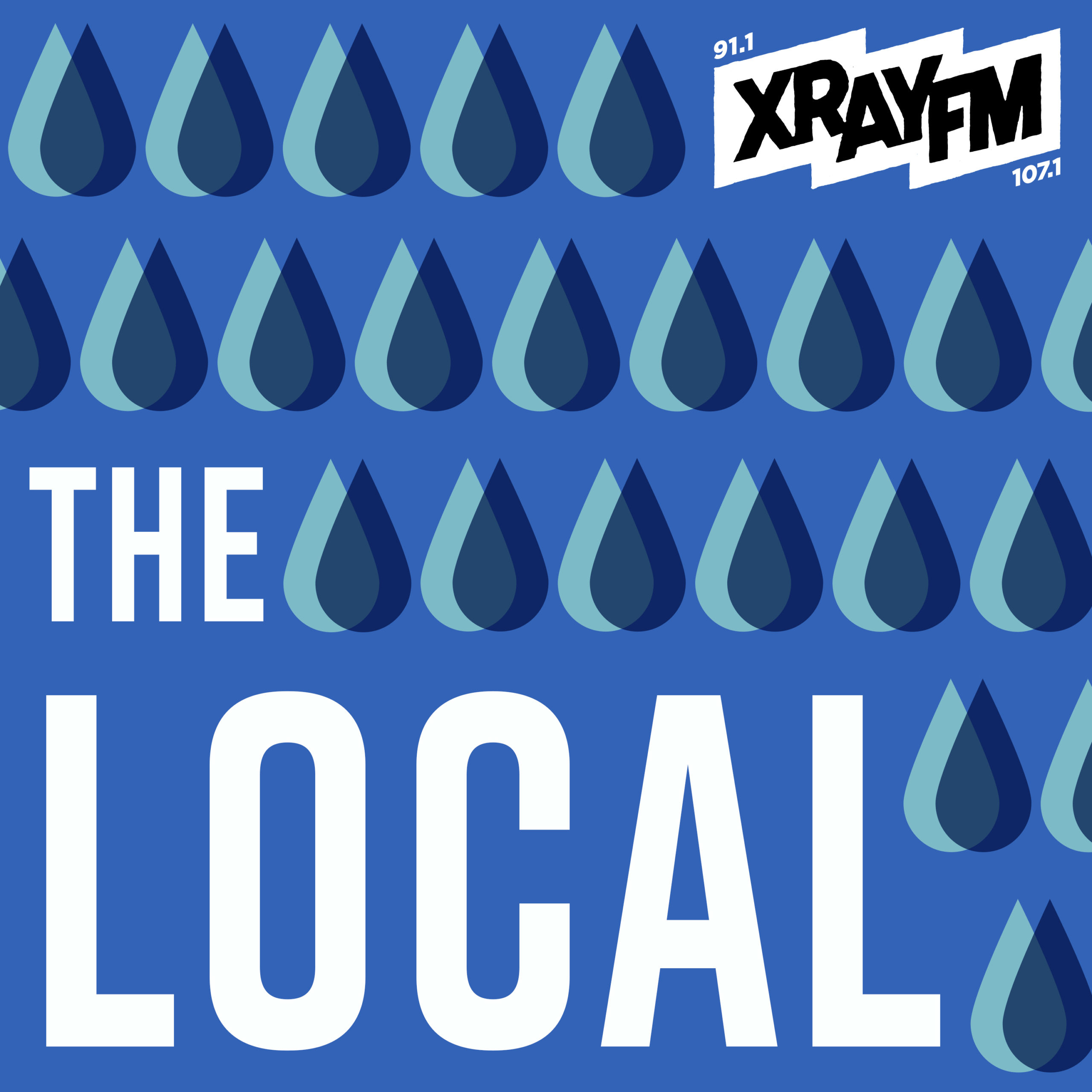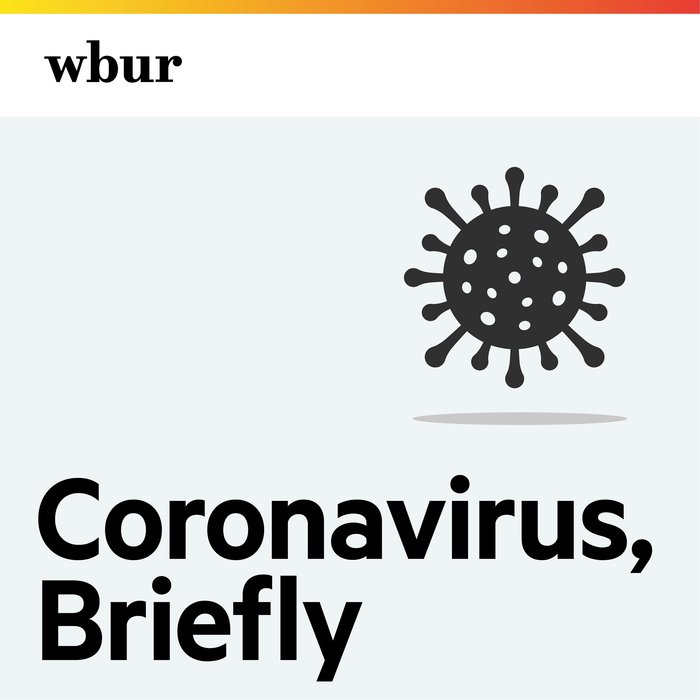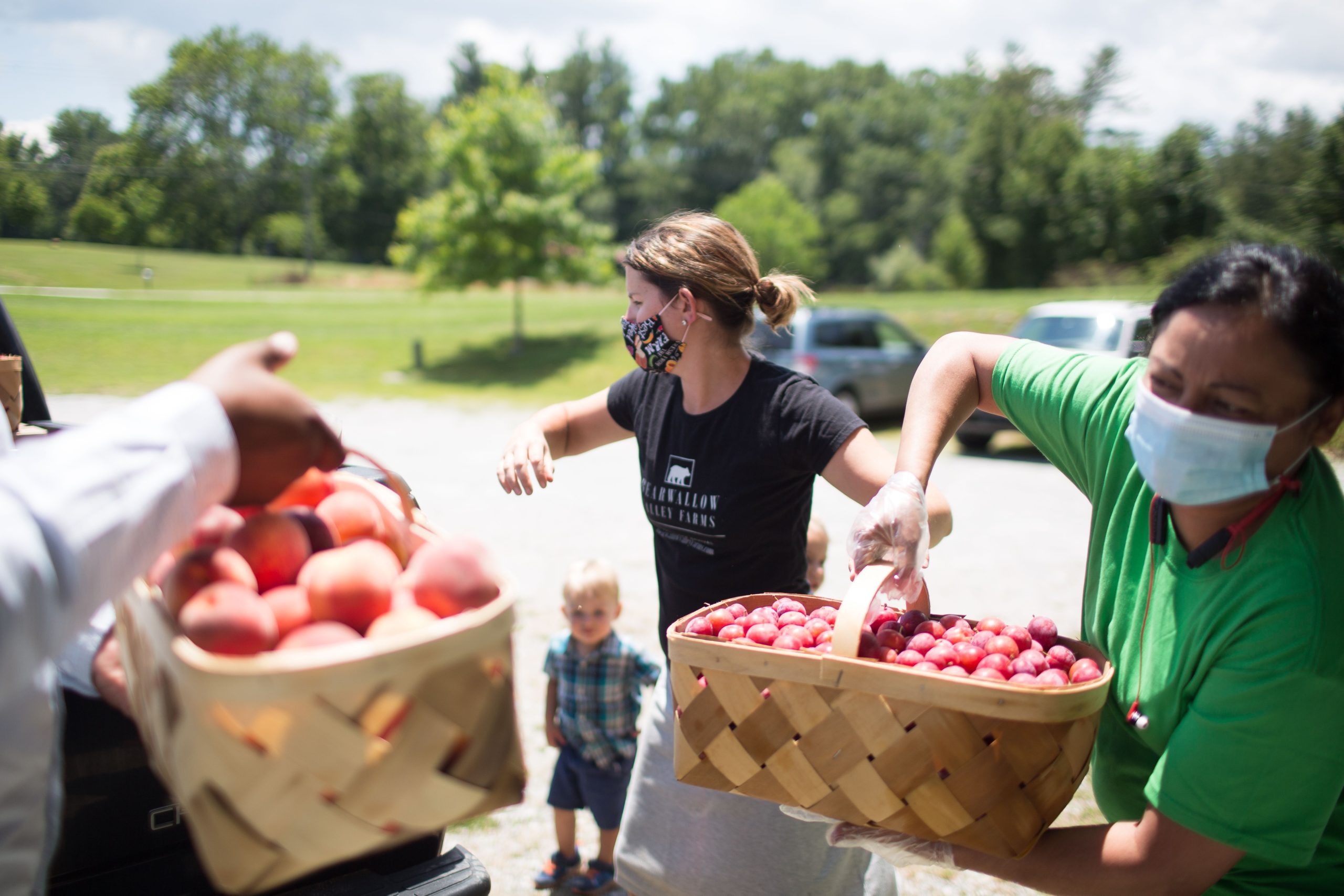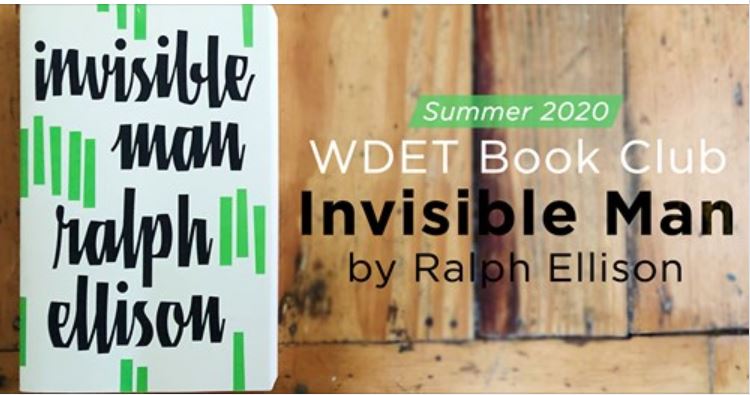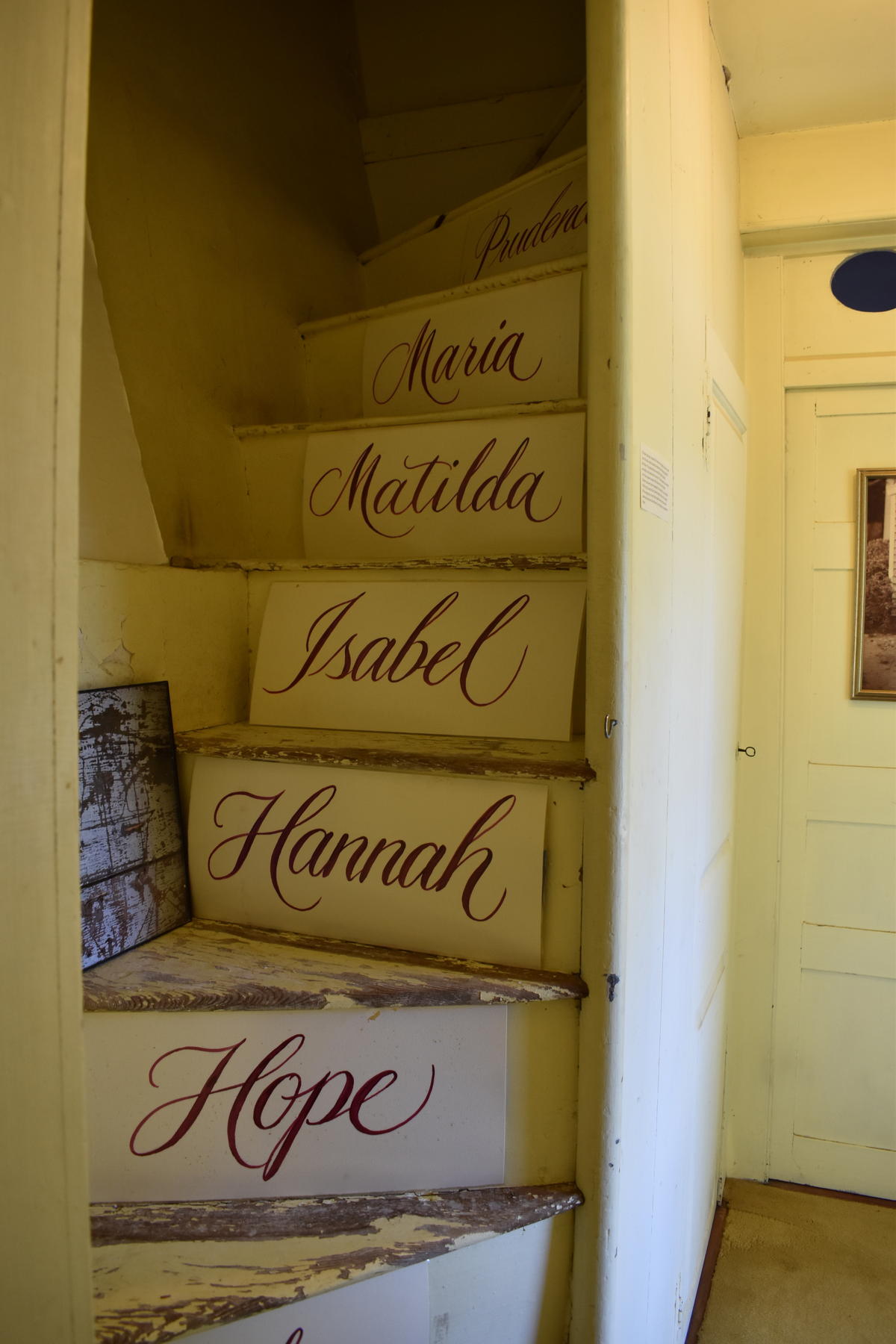Content Category: Journalism
- The New Orleans Public Radio newsletter is a guide to being an informed, engaged and happy citizen of New Orleans. It speaks ...
- We gathered a diverse group of West Virginians to discuss their information needs, how the community can be involved in the growth ...
- The news harvest is a technology-assisted workflow we’ve developed to produce a daily local newsletter in communities that are media deserts. It ...
- The Local is a daily dose of hometown news for Portland, Oregon. New episodes are released every weekday morning; each installment features ...
- Can We Talk? is an honest conversation about race in the Tampa Bay region, exploring topics from the local Black Lives Matter ...
- The Content Collaborative led by WUCF is a strategic partnership initiative among arts and news organizations in Central Florida to develop and ...
- City Limits: Winds of Change examines the harmful impacts of structural racism on society and the social and cultural movements focused on ...
- Debuting on March 30, 2020, WBUR’s “Coronavirus, Briefly” provides Greater Boston audiences with a short audio update – a microcast – of ...
- Fearing an information gap in North Carolina’s underserved communities facing an unprecedented pandemic, Carolina Public Press (CPP) launched the Emergency News Team ...
- WDET listeners read a book together and the station leads a community discussion about the challenging societal issues we all face. The ...
- Matter is a local news nonprofit with a digital, community-informed model that inspires civic engagement by investigating the most pressing issues in ...
- The vastness and diversity of New York City means many residents are unaware of the worlds existing next door, around the block, ...
- The Memorial Day death of George Floyd at the hands of former Minneapolis police officer Derek Chauvin set off protest around the ...
- WSHU Public Radio collaborates with undergraduate journalism students to craft local interest stories for on-air broadcast. This initiative offers a replicable framework ...
- News for All ensures underserved and vulnerable populations have access to news and information in their languages, to connect them with the ...


